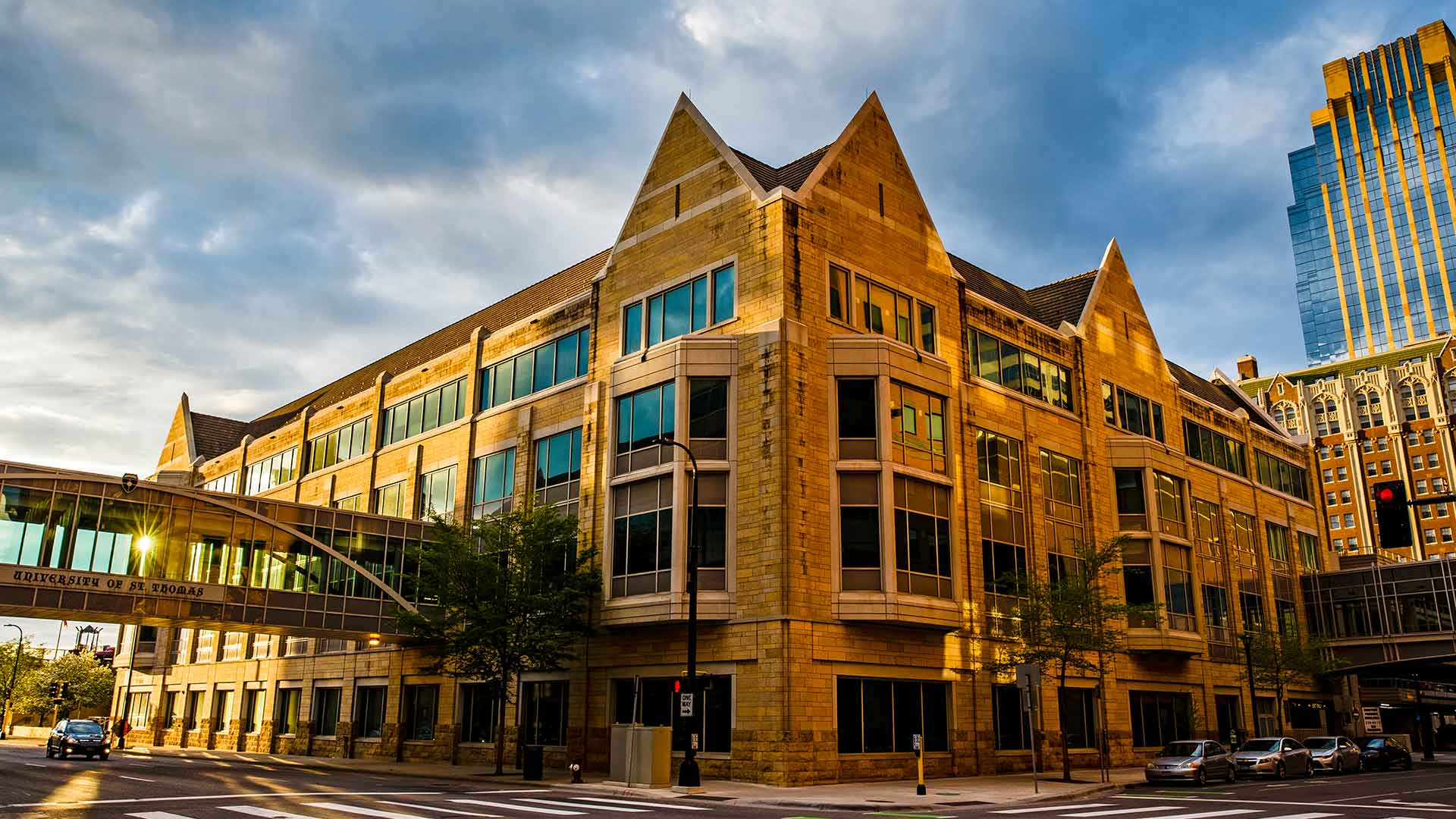
Counseling Services
Under the close supervision of licensed professionals, our students provide comprehensive psychological and social work services to a diverse population of clients, while gaining invaluable on-the-job training.

Many people face complex legal, psychological and social issues, and lack the resources to pay for the professional services they need. The IPC at the University of St. Thomas has been a trusted resource for over 20 years to meet the needs of our community while providing outstanding training for students. Working collaboratively, students from the School of Law and the Morrison Family College of Health’s Graduate School of Professional Psychology and School of Social Work strive to meet the needs of underserved people as our students gain valuable real-world experience in their chosen fields of study.

Under the close supervision of licensed professionals, our students provide comprehensive psychological and social work services to a diverse population of clients, while gaining invaluable on-the-job training.

Our legal clinics offer students exposure to client advocacy and litigation in a supervised setting while providing much-needed legal services to low-income or non-profit clients referred from social service agencies.

The Interprofessional Center for Counseling and Legal Services advances social justice through service and advocacy with underserved individuals and communities through transformative educational experiences for our students.
The Center has a firm commitment to the value of social justice and utilizes the concepts of Catholic social teaching to promote the social justice goals of human dignity, the advancement of peace and placing a priority on the poor and most vulnerable people in our global community.
Services are provided free of charge. The University of St. Thomas and the Interprofessional Center does not discriminate on the basis of race, color, creed, religion, national origin, sex, age, marital status, sexual orientation or disability in its programs or activities.